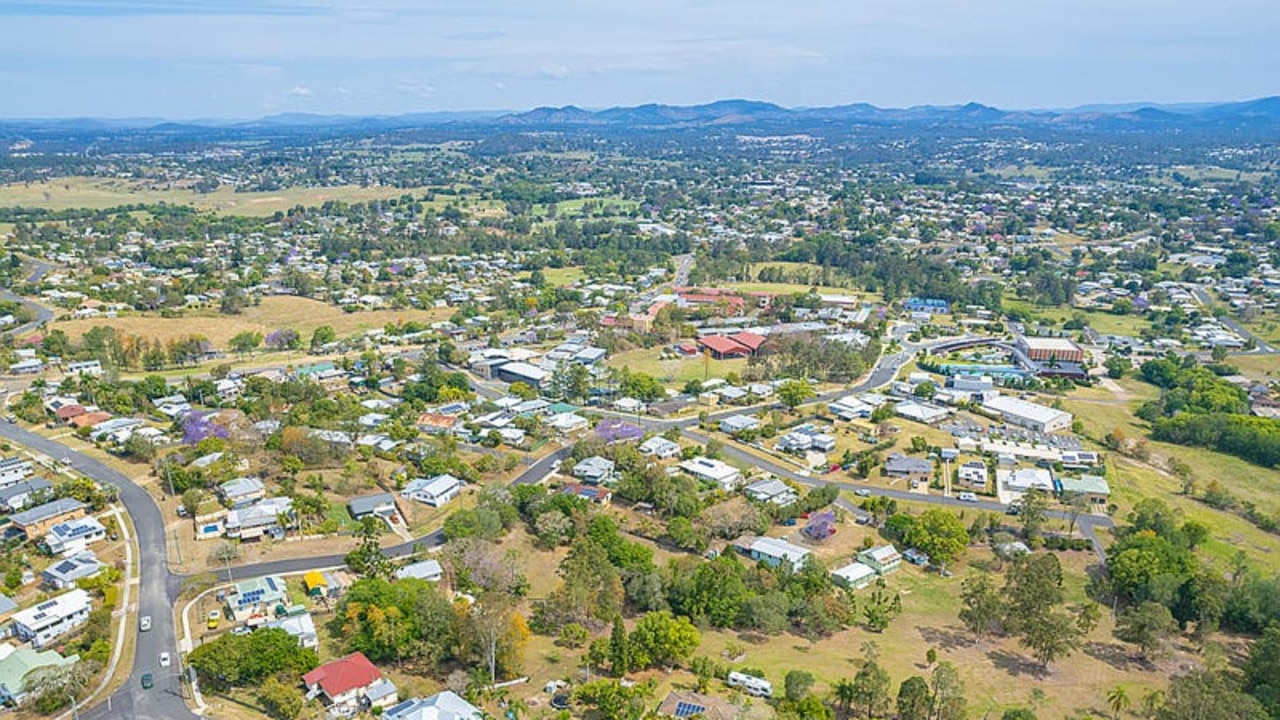Keep calm and avoid heat stress this weekend
Follow these steps to keep safe during the approaching extreme temperatures.
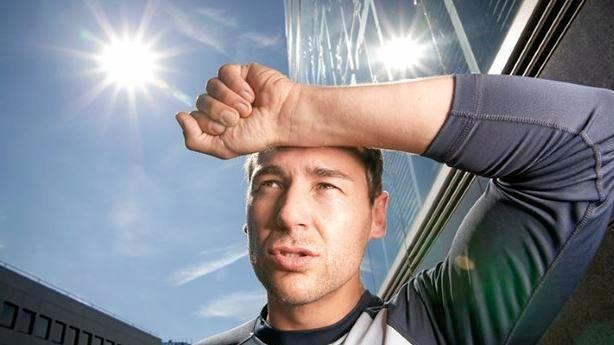
Gympie
Don't miss out on the headlines from Gympie. Followed categories will be added to My News.
THE big message as we approach the severe heatwave to strike over the weekend is to keep hydrated.
Gympie critical care paramedic Dean Ellaby said it is especially important for anyone who is medically compromised, particularly elderly people.
Babies and young children, pregnant and breastfeeding women and people who are physically active or work outdoors are also at risk.
He said while the recent hot weather has not seen an increase in calls to older residents in Gympie, people who have over-exerted themselves during extreme heat, such as labouring outdoors, have required medical attention.
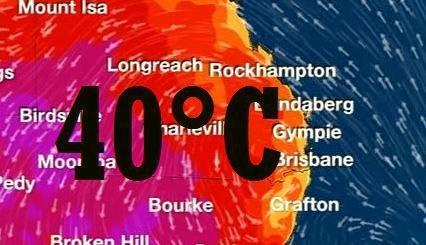
RELATED: Severe heatwave could be a Gympie record breaker
He said it is crucial to use common sense: staying in the shade and drinking plenty of water will help combat heat conditions, he said. He said people should aim to swap tea and coffee for water.
While rare, the most dangerous effect of heat exposure is heat stroke, which can be fatal, Mr Ellaby said.
It develops when the body loses its ability to sweat and is unable to cool down, he said.
The body temperature rises above 40 degrees, which can happen in a matter of just 10-15 minutes or over days and symptoms include looking flushed, lethargy and even delirium.
He said if someone is suffering from heat stroke, steps to cool them down should be taken immediately by moving them into shade, putting ice bricks on the groin, neck and under arms, providing water and taking off excess clothing.
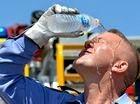
HEAT ILLNESSES:
Heat rash
EXCESSIVE sweating can cause heat rash or 'prickly heat' on the neck, chest, groin, elbow or under breasts. Common in young children, it looks like a cluster of red pimples or small blisters.
Treatment: Keep affected area dry. Dusting powder may be used to increase comfort. Avoid using ointments or creams as they keep the skin warm and moist, which may make the condition worse.
Heat cramps
EXCESSIVE sweating can cause heat cramps of the abdomen, arms or legs after sweating depletes the body's salt and fluid, which can lead on to muscle cramps.
Treatment: Stop strenuous activity and rest. Increase fluid intake using cool water, clear juice or a low sugar sports drink. Do not return to strenuous activity until a few hours after the cramps subside. Seek medical attention if the cramps continue for more than one hour.
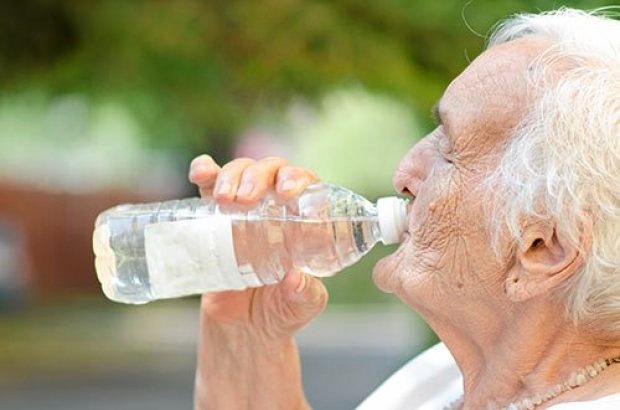
Heat exhaustion
HEAT exhaustion can develop over several days from the gradual depletion of fluid and salt due to sweating. Warning signs include heavy sweating, paleness, muscle cramps, tiredness and weakness, dizziness, headache, nausea or vomiting, or fainting.
Treatment: Cool the person with a cool shower, bath or sponge and move them to rest in a cool place. Give cool non-alcoholic fluids, but avoid high sugar drinks. If symptoms don't improve, or if the person has high blood pressure or heart problems, seek medical attention.
Heat stroke
HEAT stroke can be fatal. It develops when the body loses its ability to sweat and is unable to cool down. Warning signs include extremely high body temperature (above 39C); red, hot, dry skin, although in some cases some sweating may still be evident; rapid pulse; throbbing headache; dizziness and nausea.
Treatment: If heat stroke is suspected, seek medical help immediately. The body temperature must be reduced quickly. Move the person to a cool shaded area. Remove excess clothing. Immerse the person in a tub of cool water, ensuring more than just the extremities are cooled. Alternatively, place the person in a cool shower, spray with cool water from a hose or wrap the person in a cool, wet sheet and fan vigorously. Monitor the body temperature and continue cooling efforts until the body temperature drops below 38C.
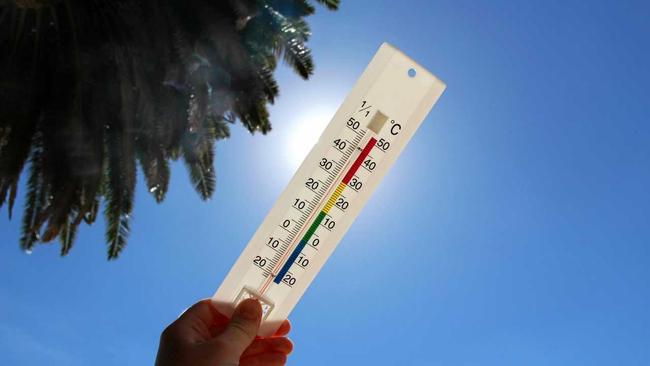
WAYS TO AVOID HEAT STRESS:
- Drink 2 to 3 litres of water a day (alcohol, soft drinks, tea and coffee worsen dehydration)
- Try to eat cold foods, particularly salads and fruit and avoid heavy meat and dairy products which raise body heat and increase fluid loss
- Keep activity to a minimum between 11am and 3pm
- Wear lightweight, light-coloured, loose, porous clothes
- Avoid strenuous activities and gardening
- If going in the sun wear a wide-brimmed hat and sunscreen and regularly rest in the shade and drink fluids
- Stay inside, in the coolest rooms in your home, as much as possible
- Block out the sun during the day by closing curtains and blinds and keeping windows closed if the room is cooler than it is outside
- Open up windows and doors when there is a cool breeze, when the temperature inside rises and at night for ventilation
- Seek out time in air-conditioning- such as at the library, shopping centre or cinema, if you don't have it at home.
- Take frequent cool showers or baths and splash yourself several times a day with cold water, particularly your face and the back of your neck


